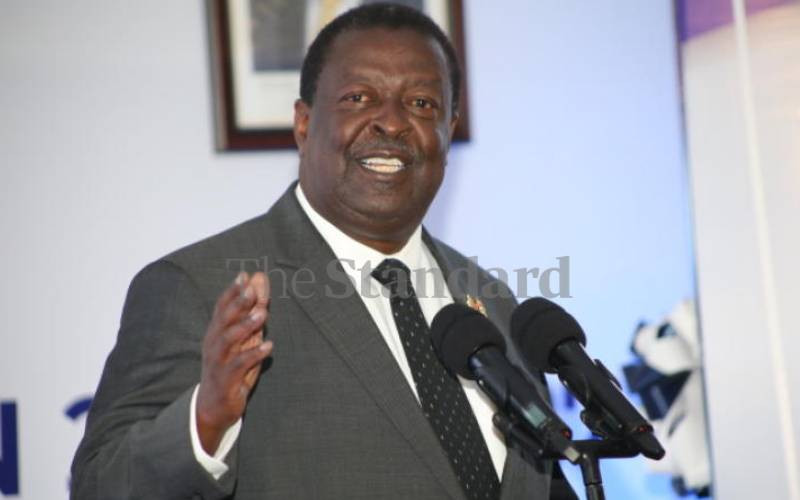×
The Standard e-Paper
Join Thousands Daily

Prime Cabinet Secretary Musalia Mudavadi has asked the Inspectorate of State Corporations (ISC) to investigate reports of inflated bills by Kenya Power (KPLC).
Mudavadi's move follows an adverse report by the Auditor General and public outrage over the inflated power bills. ISC is under the Office of the Prime Cabinet Secretary.